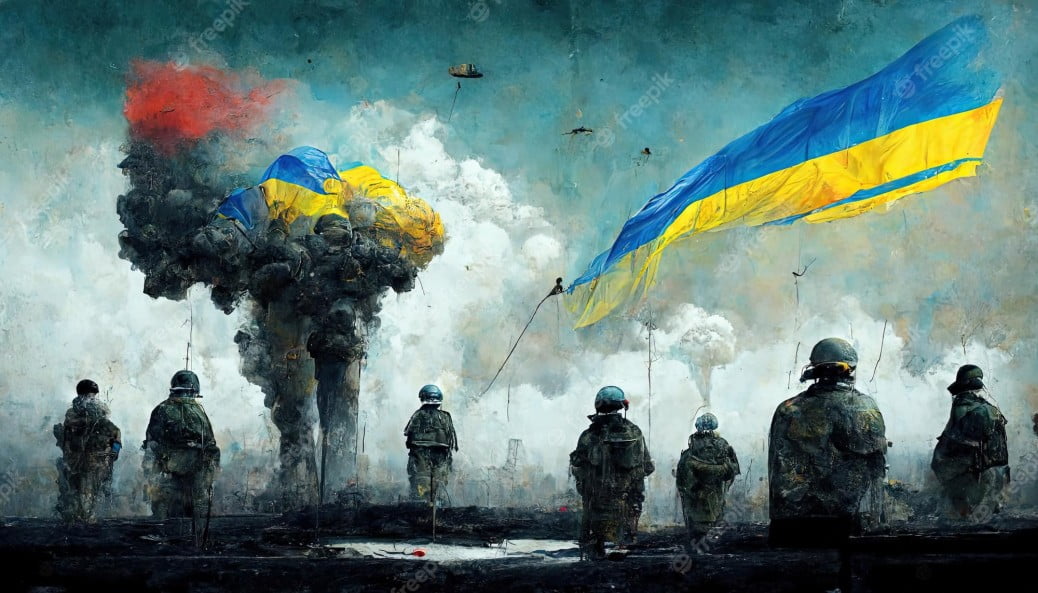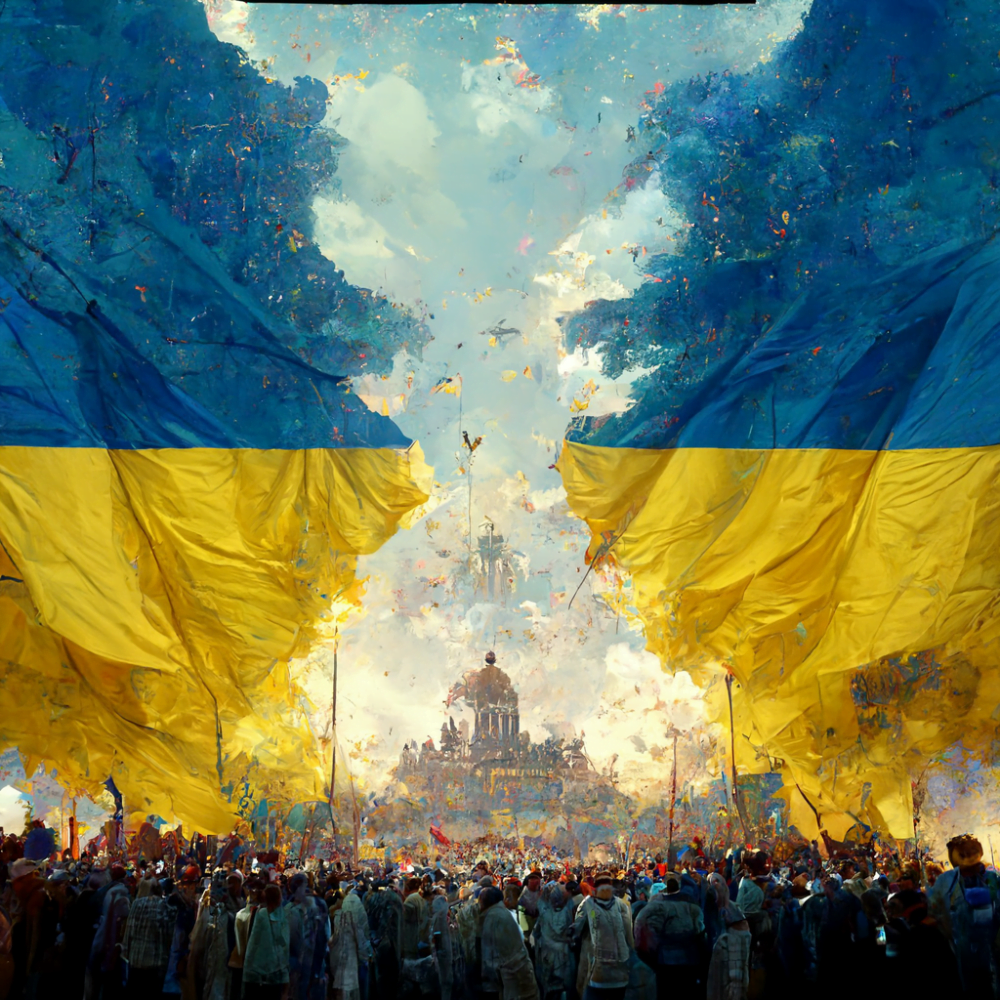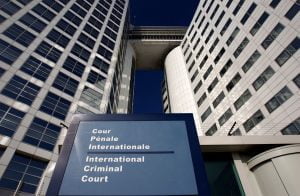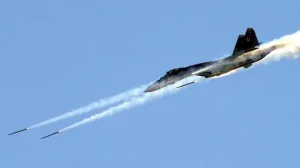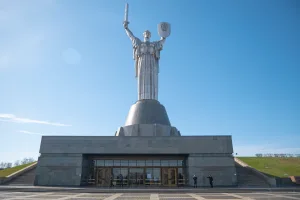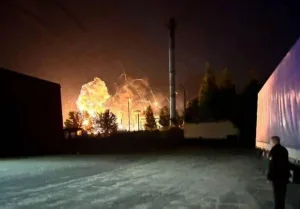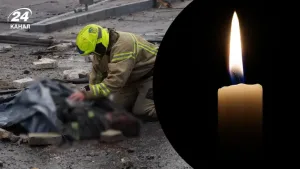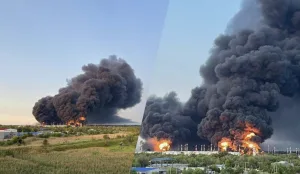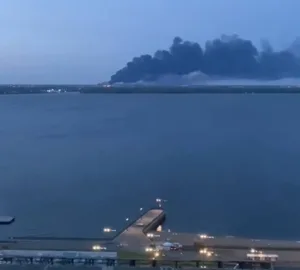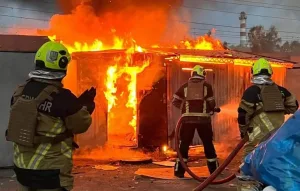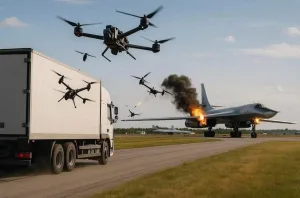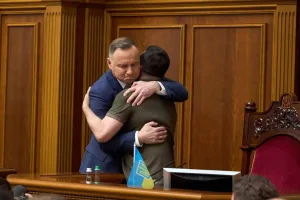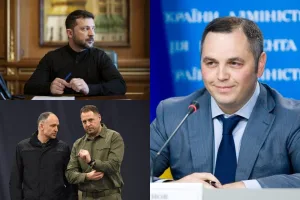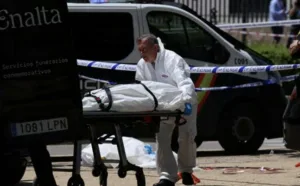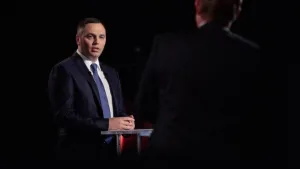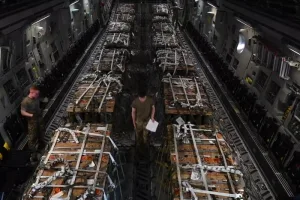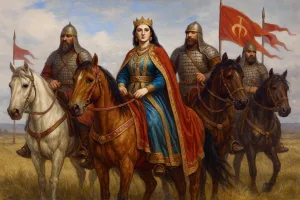The next year and a half is the time of the reboot of power of the key actors around the Globe that influence Ukraine’s counteroffensive. How it will influence Ukraine and why it has only half a year for counteroffensive operation.
This article is based on the all sorts of report-scenarios and peace plans analysis and discovered that many worthy people, when generating forecasts and evaluating scenarios, either omit or ignore a very obvious factor that has a clear time frame.
Power and elections across the Globe and influence on. Let’s do our favorite simple exercise – write down in a column.
1. What’s nearby.
Turkey. May 14 – presidential elections. I don’t understand the Turkish context well, but experts write the following: 1) opposition candidate Kemal Kılıçdaroğlu has better chances than ever; 2) the victory of any of the candidates with a conditional equality of votes can topple Turkey into the domestic agenda.
Now Turkey is doing a lot for us, balancing “parallel import”” in Russia’s interests. How well this line can be maintained in case of political turbulence is a question.
Let’s not forget that Ankara has suspended NATO enlargement. At the Vilnius summit in July 2023, the Turkish leader is expected to outline some position (now everyone makes allowances for the election campaign). As a result, the enlargement must (not) happen in the fall of 2023. At least at the expense of Finland.
Bulgaria. April 2 – parliamentary elections. Fifth in two years. Permanent swing, including on the Ukrainian issue.
Romania. In May, there must be a planned rotation of the government (based on a coalition agreement), parliamentary elections in late 2024. In November 2024, there will be presidential elections in which Klaus Iohannis does not participate. He is already being tested (through throw-ins) for the NATO Secretary General position (but these may be insinuations common for Western politicians).
The importance of Romania is usually left out of the picture and thus underestimated. The situation in this country affects the stability of Moldova. And also all logistics in the western Black Sea region. The Romanians reaction to the Russian missile was very revealing.
Poland. Parliamentary elections in the fall of 2023. Experts write that the PiS ruling party may lose its dominance. And then there will be internal political swings until 2025 presidential elections (Andrzej Duda does not participate).
Without Poles, we would not have survived. It is unlikely that anything will change there in terms of support for Ukraine. But turbulence will make politicians more sensitive to electoral demands. For example, it will be more difficult to handle situations with the transit (export) of Ukrainian grain, when farmers’ protests provoked a collapse at the border and lines of thousands of trucks.
And we’ll add the deviant Orban here.
And Slovakia, which supports us, but has its own atmosphere. Because of this, a number of applied issues in the defense sphere are not solved. In September 2023, they will have early parliamentary elections. And the layout is alarming.
Bottom line: in 2023, almost all of the neighboring countries in the south and west either digest the results of tough elections or enter a nervous political phase. They will have to invest more time and effort in streamlining their domestic affairs.
There will be other elections. For example, in May 2024, there will be presidential elections in Lithuania. But regardless of an outcome, there must be a high level of support there, because we have very close relations with Lithuania.
2. EU and NATO.
In May 2024, there will be elections to the European Parliament. The number of deviants in the EP, through which Russia is now working, is depressing, and the general atmosphere does not allow us to hope that there will be fewer of them. But more – quite likely. They won’t dominate, but they’ll get in the way.
The EU has recently come to its senses and begun to realize that after the UK’s withdrawal, the disproportion between the economic power and military weakness of the organization has become indecent. There are attempts to outline some subjectivity in the defense issues.
Previously, it was absolutely unusual, so the rough edges are natural. We don’t know what the beginning of a new trend will result in. There are plenty of those who want to negotiate and pay off the aggressor instead of strengthening the armies.
In 2024, the term of office of the head of the European Commission, Ursula von der Leyen, expires. So, rumors appeared the other day that she doesn’t mind moving to the post of NATO Secretary General.
Jens Stoltenberg’s term of office, which has already been extended unscheduled, expires in September 2023. He’s been at the helm for the ninth year, only the Dutchman Josef Luntz led NATO longer in its entire history in the 1970s and early 1980s.
Stoltenberg is really powerful, very efficient, and many people would like him to stay on for another year.
However, the Western media spread rumors that he has had enough. In view of this, different names of replacements are thrown in from time to time. First of all, two Britons – former Prime Minister Boris Johnson and Secretary of State for Defence Ben Wallace.
For us, the appointment of any of them would be epically beneficial. But for 20 years now, NATO has not appointed representatives of heavyweight countries as leaders (the previous Briton headed the Alliance in 1999-2003). So that they don’t hog the cover. France may have a special opinion on the British. But in the light of current challenges, many realize that NATO must be more vigorous.
The next Secretary General will have to resolve the issue of (not) accepting Ukraine, to streamline deviants like Hungary, as well as to squeeze money out of the member states, which are maliciously failing to meet the NATO guideline on spending a minimum of 2% of their GDP on defence (their lion’s share). However, there are already discussions that 2% is not enough against the backdrop of risks. In general, they will have to choose – appoint a powerful bureaucrat or a charismatic political leader, because a decorative figure will no longer work.
Bottom line: 2023-2024 in the EU and NATO – the preparation for transition and the transition. This is a time of scandals, intrigues, investigations and seeking alliances.
3. The bigger picture.
A line of creative discussion between the US and China has emerged. All the others will have to adopt this line in some way or another.
On March 10, 2023, Xi Jinping formalized the extension of his powers. He is not bound by a time frame in the foreseeable future, which allows him to act more proactively.
In the United States, on the contrary, the presidential election will be held in the fall of 2024. However, the situation with main participants of the presidential race, and first of all, with the format of the participation of Democrats will become known no later than the fall of 2023. Elections in the United States is the kind of fun that will shake everyone. The vibration is already being felt.
India. It is chairing the G-20 in 2023. Delhi is now trying to earn as much as possible on the import of russian raw materials and at the same time to place in India businesses the West intends to withdraw from China.
Prime Minister Narendra Modi has repeatedly signaled the need for a peaceful solution to Ukraine and the prevention of an escalation in the form of the use of nuclear weapons. The national elections in India will be held in April-May 2024. Modi has ambitious plans for the development of the country, so he does not need all these adventures.
Bottom line: from the fall of 2023, the issue of power will be the main one for the two heavyweights. The rest is the background and a set of opportunities that will be played out in the electoral context.
4. russia.
The closer to March 2024, the less likely it is that a kind of “transfer of power” will happen in the rf, of which the Bolsheviks have talked about for so long. Either Mr. Putin will be put to death in some form, or he will manage to extend his powers under a plausible pretext.
Nevertheless, the issue of legitimate power will be on the agenda. Even India and China will not talk to just anyone. And any scenario requires preparation.
If we sum up all this through the prism of elections and issues of power, then we’ll have the following picture:
The next year and a half is the time of the reboot of power of the key actors that influence the situation in Ukraine. The reboot will take place in two waves – in the spring and autumn of 2024. First of all, it concerns our partners.
They will need to spend more effort on the domestic agenda. They will have to evaluate how this or that action regarding Ukraine affects people’s moods and alignments. This may result in a desire to lower the status of the “Ukrainian issue” and other unfavorable trends for us.
Objectively, the following motivation is formed: until the fall of 2023, do whatever you want. Advance where you want. Free everything you can. But calm down in the fall. Because at the moment of transition, which will determine the trends for the rest of the decade, it is better to have no surprises.
Which implies that in the spring and summer, there is a motivation to help us with the counteroffensive, whereas in the fall, the same motivation will push us to freeze the positions achieved by that time.
The main external requirement for us from the fall of 2023, which is visible now, is stability and predictability.
A number of related questions arise.
First. To what extent do we (Ukraine) agree with this?
Second. How much resources will we have to defend our position in case of disagreement? What can we rely on?
Hence the positive scenario: to achieve success by force of arms and to provide an opportunity to develop this success, even if not all friends are be happy about it.
The negative scenario (in case of bad results on the battlefield) is to endure internal turbulence and not stagger (as a country) due to people’s disappointment when we are forced to negotiate and postpone the task of reaching the 1991 borders.
This is approximately the corridor along which we run. We can collectively either expand or narrow it.
Now, as in the spring of last year, the main evil is a delay. Anything that slows us down is evil. Slowdown is a narrowing of the corridor of opportunities.
The situation can be evaluated according to this criterion.
Tags: russia ukraine war ukraine front lines
